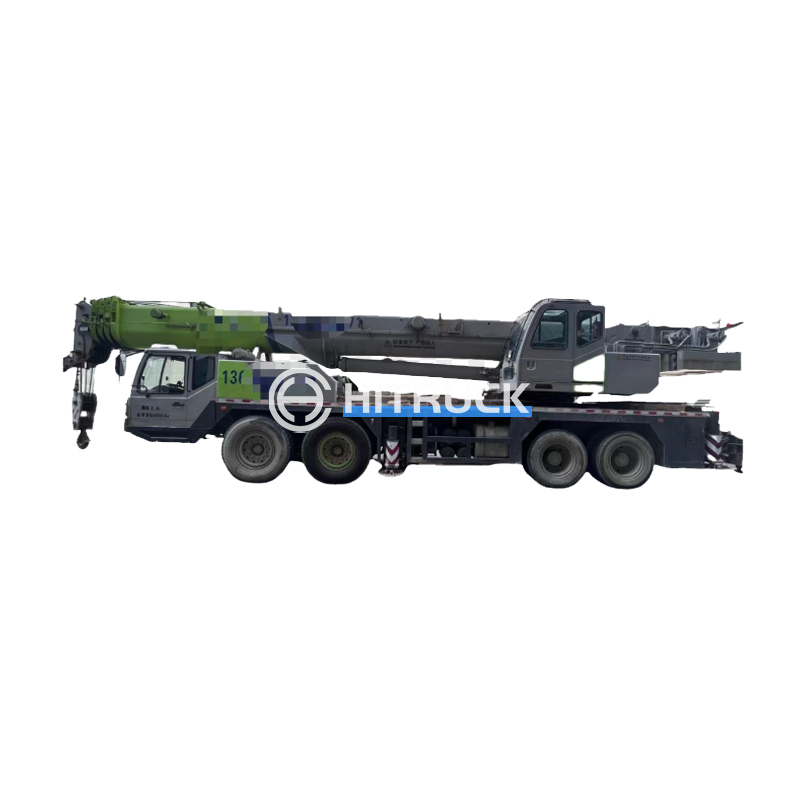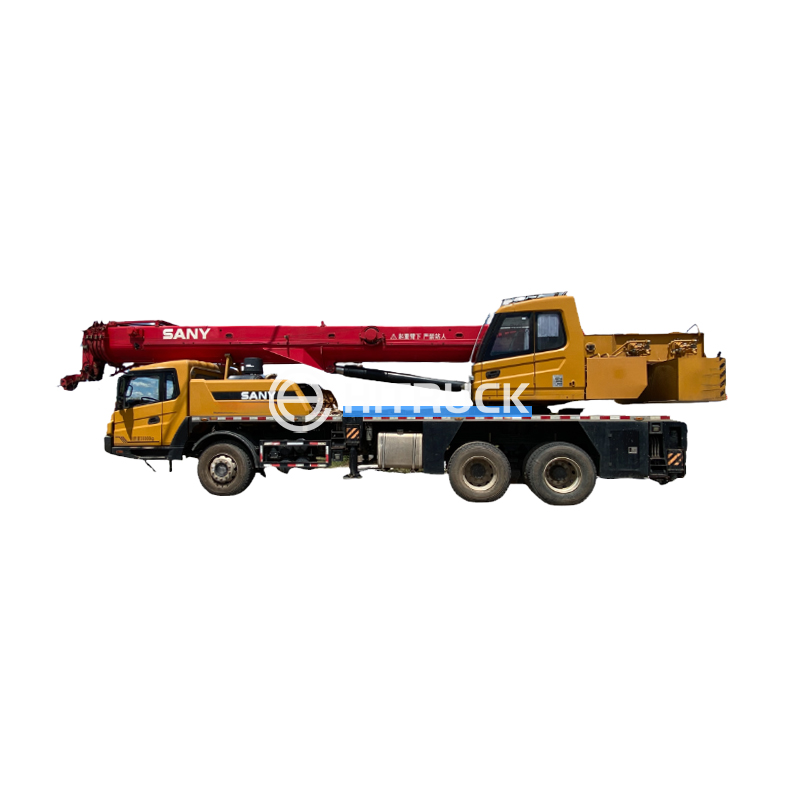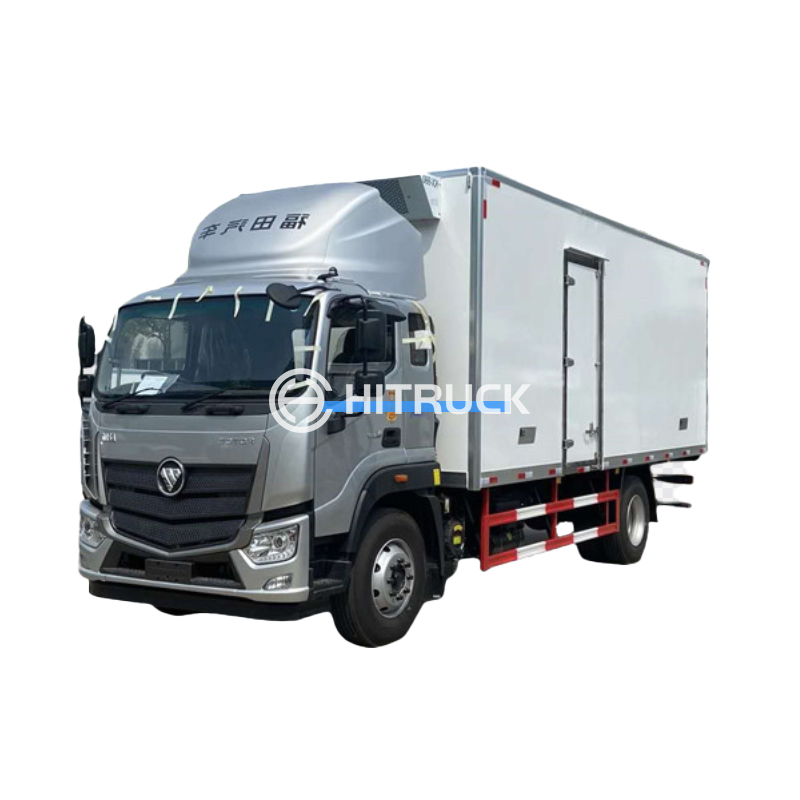Water Tanker: A Comprehensive Guide to Choosing and Maintaining Your Water TankerThis guide provides a thorough overview of water tankers, covering their selection, maintenance, and various applications. Learn about different types, capacities, materials, and essential considerations for ensuring safe and efficient water transportation.
A water tanker is a specialized vehicle designed for the bulk transport of water. These tankers are essential for various applications, from supplying water to construction sites and agricultural fields to aiding in emergency situations and providing potable water to communities. Choosing the right water tanker depends on several factors, including the volume of water needed, the transportation distance, and the type of water being transported (potable, industrial, etc.).
Water tankers come in a wide range of capacities, from small units suitable for local deliveries to large-capacity tankers for long-distance transportation. The capacity is typically measured in liters or gallons and directly influences the tanker's size and cost.
The material used in constructing a water tanker significantly impacts its durability, lifespan, and cost. Common materials include stainless steel (known for its corrosion resistance), aluminum (lighter and less expensive), and polyethylene (suitable for certain applications). The choice of material depends on the intended use and the type of water being transported. For example, stainless steel is preferred for potable water transportation due to its hygienic properties.
| Material | Advantages | Disadvantages |
|---|---|---|
| Stainless Steel | High durability, corrosion resistance, hygienic | Higher cost |
| Aluminum | Lightweight, relatively inexpensive | Less durable than stainless steel, susceptible to corrosion |
| Polyethylene | Lightweight, corrosion-resistant, relatively inexpensive | Lower durability compared to metal, susceptible to damage from UV radiation |
Proper maintenance is crucial for the longevity and efficiency of your water tanker. Regular inspections, cleaning, and repairs are essential. This includes checking for leaks, ensuring the proper functioning of valves and pumps, and regularly cleaning the tank to prevent the build-up of sediment and algae. For detailed maintenance schedules and best practices, consult your water tanker's manufacturer's guidelines.
Selecting the appropriate water tanker requires careful consideration of several factors. These include the required water capacity, the transportation distance, the type of water to be transported, and budget constraints. Consulting with experienced professionals or suppliers, such as Suizhou Haicang Automobile sales Co., LTD, can ensure you make an informed decision.
Water tankers have a broad range of applications across various industries. They are commonly used in construction, agriculture, emergency response, and municipal water supply. The specific features and capabilities of the water tanker will depend on the intended use.
Need help finding the perfect water tanker for your needs? Contact Suizhou Haicang Automobile sales Co., LTD today!












